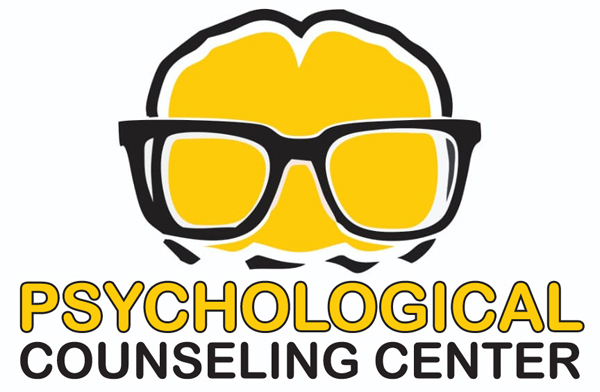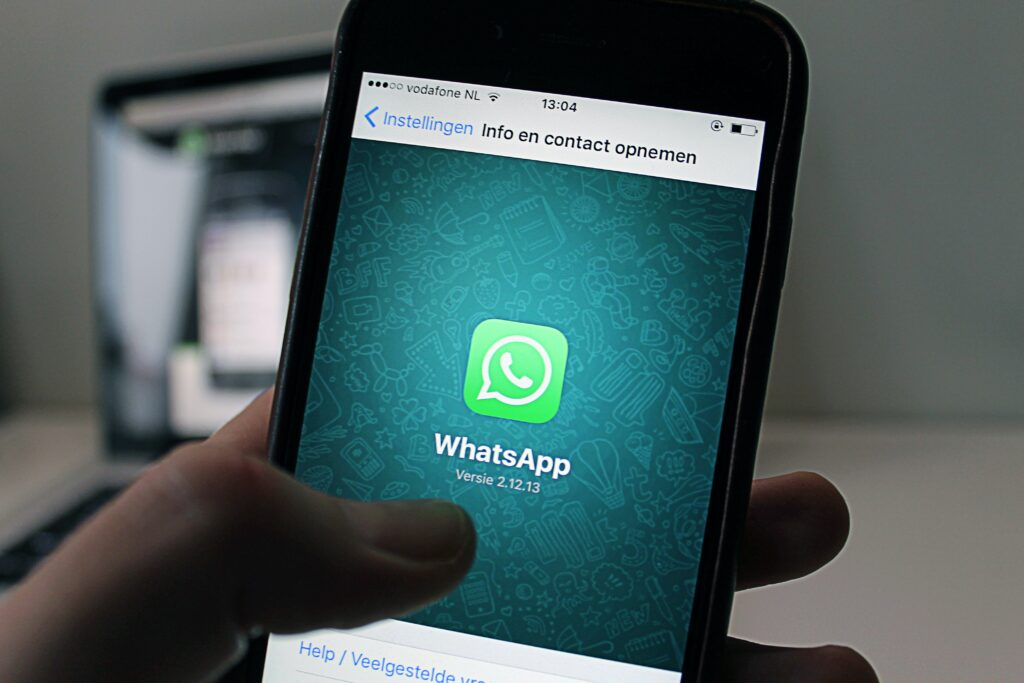How to Forget a Girl: Top Proven Strategies
Introduction
Forgetting someone you once cared about can prove to be an incredibly challenging experience.
Whether you had a short-lived fling or a long-term relationship, letting go of the memories and emotions that once bound you to someone can require time and effort.
If you struggle to move on from a past relationship, know that you’re not alone; many people have faced similar experiences and have successfully moved on.
In this article, we’ll explore strategies to help you forget a girl and move forward with your life.
Whether you’re seeking practical tips or emotional support, we aim to assist you in navigating this challenging process with grace and resilience.






